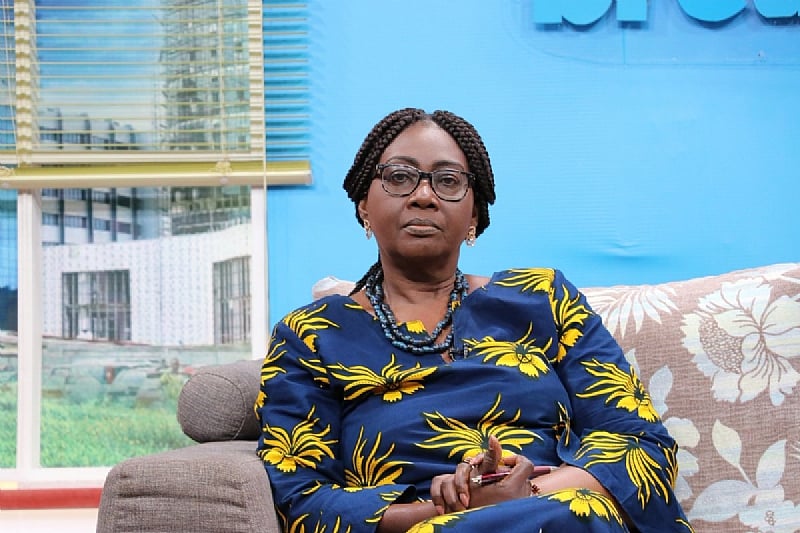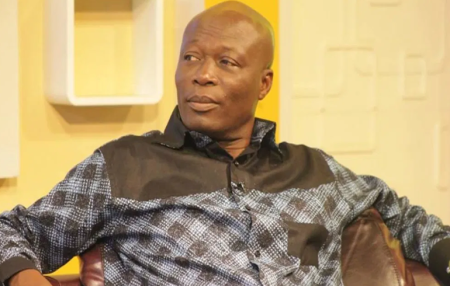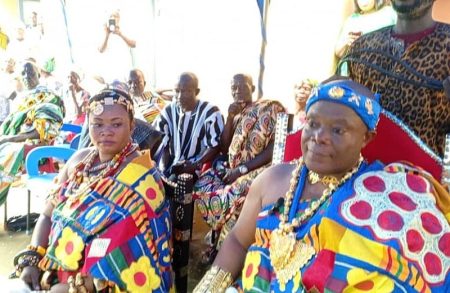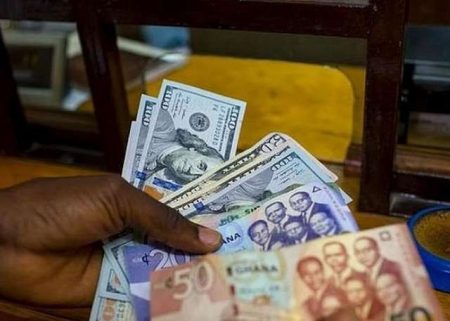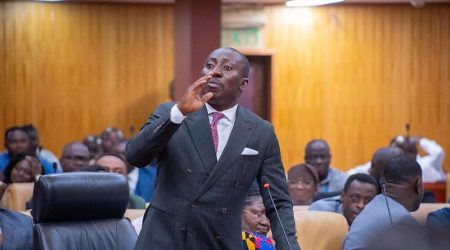The ongoing electoral dispute in Ghana’s Ablekuma North constituency has sparked a heated debate about the Electoral Commission’s (EC) authority and the New Patriotic Party’s (NPP) shifting stance towards the institution. Public Interest Advocate Rodaline Imoru Ayarna has criticized the NPP for its apparent inconsistency, highlighting the party’s previous endorsement of the EC’s autonomy while in power and its current opposition to the EC’s decision to hold a re-run in 19 polling stations. This dramatic shift in the NPP’s position raises crucial questions about political expediency and the importance of upholding democratic principles, irrespective of which party is in power. Ayarna’s central argument revolves around the principle of consistency and respect for established institutions. She questions the NPP’s newfound skepticism towards the EC, an institution they previously lauded as independent and authoritative.
The controversy stems from the EC’s announcement of a re-run in a significant portion of Ablekuma North’s polling stations. This decision followed the inconclusive 2024 general elections in the constituency, which left the seat without a Member of Parliament. The EC, in an attempt to resolve the impasse and ensure proper representation for the constituents, scheduled a re-election for July 11th after consultations with representatives from both the NPP and the National Democratic Congress (NDC). However, this decision has been met with resistance from the NPP’s parliamentary candidate, Akua Afriyie, further intensifying the debate surrounding the EC’s role and the validity of the re-run.
Akua Afriyie’s rejection of the EC’s plan rests on her claim that the Commission had previously, under oath in Parliament, declared only three polling stations as requiring a re-vote. This discrepancy between the initial assessment and the subsequent decision to hold a re-run in 19 polling stations forms the basis of the NPP’s contention. Afriyie’s argument raises questions about the EC’s internal decision-making process and the potential for inconsistencies or changes in their assessment of the situation. This perceived U-turn, as Afriyie describes it, fuels the NPP’s suspicion and casts doubt on the EC’s neutrality in the matter.
Ayarna, however, emphasizes the importance of accepting the EC’s decision in good faith, recalling how the public generally accepted the EC’s pronouncements during the NPP’s tenure. She argues that the NPP should reciprocate this trust and respect the EC’s authority, especially given their past pronouncements supporting its autonomy. This appeal to consistency underscores the need for political parties to maintain a principled stance towards institutions, regardless of whether their decisions favor their immediate interests. Ayarna’s argument is underpinned by the broader concern that undermining the EC’s authority could have far-reaching consequences for Ghana’s democratic processes.
The Ablekuma North electoral dispute highlights a critical tension in democratic systems: the balance between respecting the autonomy of electoral bodies and ensuring accountability and transparency in their operations. While the EC’s independence is crucial for conducting free and fair elections, it is equally important for the Commission to maintain transparency and consistency in its decisions to avoid accusations of bias or manipulation. The NPP’s concerns, while potentially stemming from political considerations, also raise legitimate questions about the EC’s processes and communication. The discrepancy between the initial assessment of three polling stations and the subsequent decision to include 19 requires clarification from the EC to address the NPP’s concerns and maintain public trust.
Ultimately, the resolution of the Ablekuma North dispute requires a commitment from all parties to uphold democratic principles. The NPP should carefully consider the implications of its opposition to the EC’s decision, particularly in light of its previous support for the institution’s autonomy. The EC, on the other hand, needs to address the concerns raised by the NPP regarding the apparent change in its position, providing clear and transparent justifications for the decision to hold a re-run in 19 polling stations. Open communication and a commitment to transparency are essential for restoring confidence in the electoral process and ensuring a fair and credible outcome in Ablekuma North. The focus should remain on ensuring the constituents are adequately represented through a legitimate and transparent electoral process.





